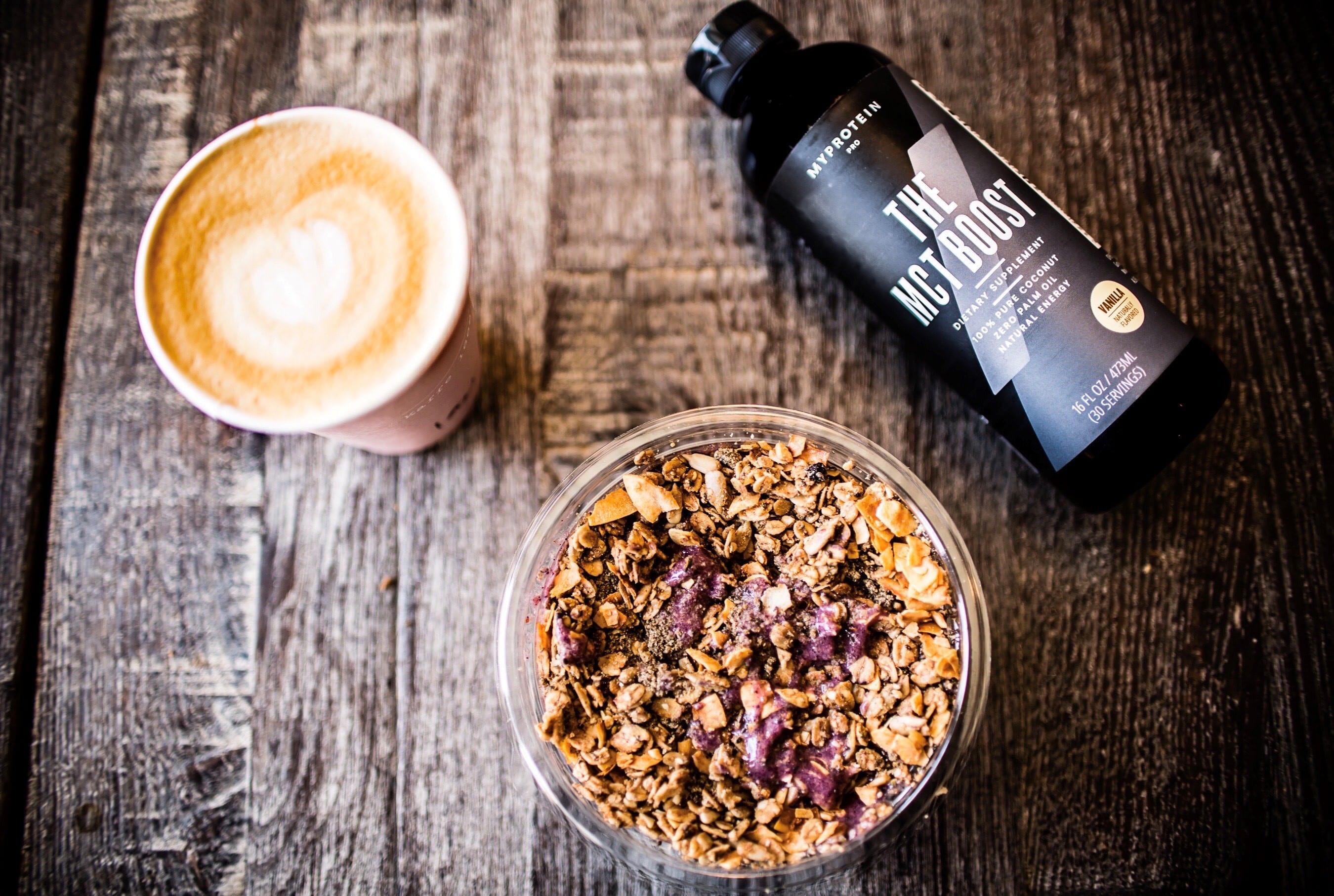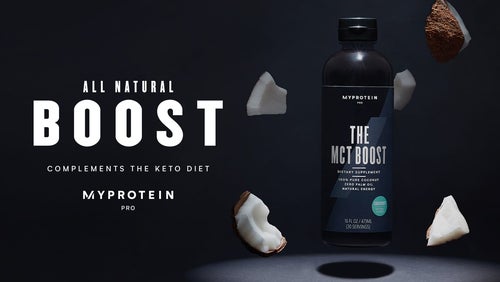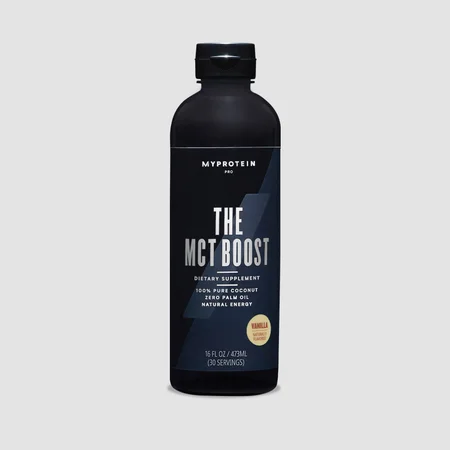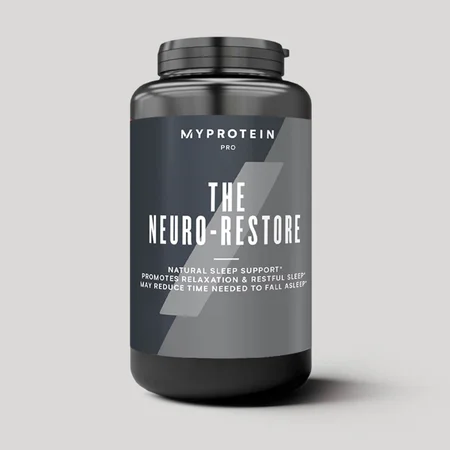

What is MCT Oil?
MCTs, or medium chain triglycerides, are a classification of fat molecules that are easily digested and absorbed quickly by the body, due to their smaller size. For this reason, MCT oils have been used historically for treating digestive and metabolic disorders when typical sources of fat aren’t well absorbed.1 Coconut oil is a source of MCTs, which is one of the reasons for its popularity among the health conscious.
What does MCT mean? The definition of a “medium chain triglyceride” is a fat molecule that contains between 6 and 12 carbon atoms. They are smaller molecules than the usual types of fat we consume, which mostly consist of longer chains of carbon atoms, known as long chain triglycerides. Two common dietary sources of MCTs are coconut oil and dairy products.2
MCT Oil Benefits
Historically, MCT oil was linked to therapeutic diets for those who needed medically induced ketosis.3 Because of the difference in absorption of these types of fats, MCT specific ketogenic diets potentially allow for a greater ratio of carbohydrates in a typically very high-fat diet, making them more palatable and sustainable. This increased ratio of ketone production is also thought to potentially have a beneficial effect on the brain and cognition.3
Those following a ketogenic diet may benefit from the quick digestion and instant energy source of MCT oil [4], which helps those in ketosis stay in a fat burning state. It is also popular for use in post-workout recovery shakes, with the thought that the MCT oil provides ketones for quick energy instead of burning protein and muscle.2
MCT oil is linked to a greater calorie burn and loss of fat mass than the usual fat in our diets, which is mostly composed of long chain triglycerides.4 It is thought that the faster absorption leads to more of the molecules being burned as energy rather than store as fat. Combined with the possibility of increased satiety, MCT oil is popular among those trying to lose weight. MCT oil was actually shown to be more beneficial in a weight loss diet than olive oil, and may have antioxidant properties.4
How to Use MCT Oil
MCT Oil has a neutral flavor and can be used in place of any other oil, but is more commonly used as a supplement than in cooking. It has a low smoke point which makes it less useful for cooking in high temperatures, like roasting or sauteeing. MCT oil can be simply added to cool and room temperature foods, like yogurt or post-workout shakes, or more commonly, mixed into your morning beverage.
Bulletproof Coffee
Bulletproof coffee is one popular way to supplement your diet with MCTs. The basic recipe includes adding several tablespoons of fat to hot coffee in the morning. Although MCT oil supplements are popular, some choose to use refined butter (ghee),coconut oil, or a combination of fat sources. Bulletproof coffee supporters believe it gives an energy boost (in addition the caffeine) and can help with mental clarity. However, be aware that adding several tablespoons of fat to a cup of coffee makes it several hundred calories, which is not conducive to weight loss.

MCT Oil vs. Coconut Oil
MCT oils are predominantly made of caprylic (C8:0) and capric (C10:0) fatty acids, which are associated with potential health benefits. Coconut oil, on the other hand, contains primarily lauric acid (C12:0), which is a medium chain triglyceride by definition, but does not absorb as quickly into the liver as caprylic and capric fatty acids.5 Being at the 12 carbon length, it behaves more like a long chain fatty acid during digestion and absorption.
Coconut oil overall contains several types of triglycerides, with MCTs making up around 60%.6 Coconut oil is a well-known source of MCTs, but should not be considered bioactively equal to refined MCT oil. A study comparing MCT oil to coconut oil showed a greater increase in satiety (which can lead to weight loss) from MCT oil, which led to less overall food intake.6 Similarly, there was no shown benefit in studies comparing coconut oil intake versus typical long chain fatty acids.6 Many of the benefits of MCT oil do not translate to coconut oil, but coconut oil is more stable at higher temperatures, making it a better option for cooking.5
MCT Side Effects
Since MCT oil is pure fat, adding it to your foods or supplements can cause some gastrointestinal discomfort (nausea) or diarrhea. Most MCT supplements recommend starting with half a tablespoon and increasing up to 2 or 3 tablespoons over time.7 Although MCT has shown some benefit in satiety and therefore weight loss, remember that keeping a calorie deficit is the key to weight loss – adding in MCT oil calories in addition to your normal intake will increase your calories for the day. Instead, cut out other types of fats if you plan to supplement with MCT oil.
Although there may be some benefits to MCT oil supplementation, it is still a source of saturated fat. Saturated fats increase the body’s LDL (“bad”) cholesterol and can have adverse impacts on cardiovascular health. Coconut oil is similarly high in saturated fat without the proven health benefits of MCT oil.8 Long term replacement of other fats with MCT oil may have a role in changing body composition due to its lack of absorption into adipose (fat) tissue, but there has not been significant evidence to show an impact on exercise performance due to MCT oil.9
Take Home Message
Coconut oil is one source of MCTs, but not equivalent to MCT oil. In review, MCT oil can increase satiety and reduce food intake, and has health benefits that cannot be equated with coconut oil. Before supplementing with MCT oil, consider your current biometric levels of cholesterol (especially LDL cholesterol) for heart health, and speak with your physician. The satiating effect and quick absorption of MCT oil can be beneficial for those trying to reduce their weight and those following a ketogenic diet.

Introducing: THE MCT Boost — Your All-Natural Energy Boost
THE MCT Boost — our newest innovation designed to give you more energy when you ...

Claire is a Registered Dietitian through the Academy of Nutrition and Dietetics and a board-certified Health and Wellness Coach through the International Consortium for Health and Wellness Coaching. She has a Bachelor of Science in Biology and a Master’s degree in Clinical Dietetics and Nutrition from the University of Pittsburgh.
Talking and writing about food and fitness is at the heart of Claire’s ethos as she loves to use her experience to help others meet their health and wellness goals.
Claire is also a certified indoor cycling instructor and loves the mental and physical boost she gets from regular runs and yoga classes. When she’s not keeping fit herself, she’s cheering on her hometown’s sports teams in Pittsburgh, or cooking for her family in the kitchen.
Find out more about Claire’s experience here.
- Rial, S. A., Karelis, A. D., Bergeron, K. F., & Mounier, C. (2016). Gut microbiota and metabolic health: the potential beneficial effects of a medium chain triglyceride diet in obese individuals. Nutrients, 8(5), 281.
- Schönfeld, P., & Wojtczak, L. (2016). Short-and medium-chain fatty acids in energy metabolism: the cellular perspective. Journal of lipid research, 57(6), 943-954.
- Liu, Y. M. C. (2008). Medium‐chain triglyceride (MCT) ketogenic therapy. Epilepsia, 49, 33-36.
- St-Onge, M. P., & Bosarge, A. (2008). Weight-loss diet that includes consumption of medium-chain triacylglycerol oil leads to a greater rate of weight and fat mass loss than does olive oil–. The American journal of clinical nutrition, 87(3), 621-626.
- Eyres, L., Eyres, M. F., Chisholm, A., & Brown, R. C. (2016). Coconut oil consumption and cardiovascular risk factors in humans. Nutrition reviews, 74(4), 267-280.
- Maher, T., Kinsella, R., & Clegg, M. E. (2017). The effect of coconut oil and MCT on satiety and food intake. Proceedings of the Nutrition Society, 76(OCE1).
- Clegg, M. E. (2017). They say coconut oil can aid weight loss, but can it really?. European journal of clinical nutrition, 71(10), 1139.
- Sankararaman, S., & Sferra, T. J. (2018). Are we going nuts on coconut oil?. Current nutrition reports, 7(3), 107-115.
- Clegg, M. E. (2010). Medium-chain triglycerides are advantageous in promoting weight loss although not beneficial to exercise performance. International journal of food sciences and nutrition, 61(7), 653-679.










